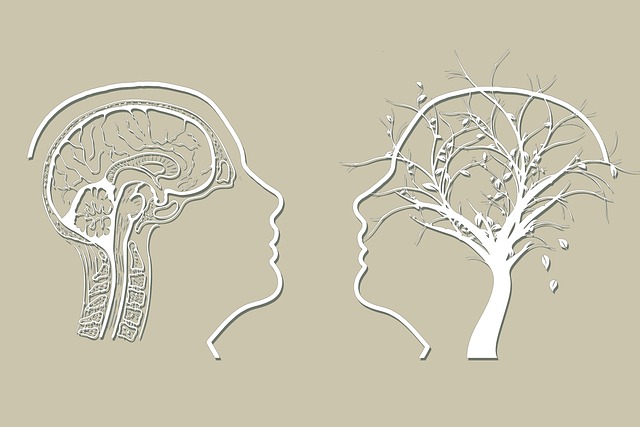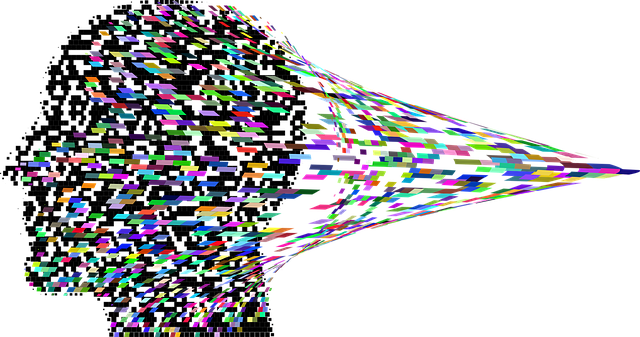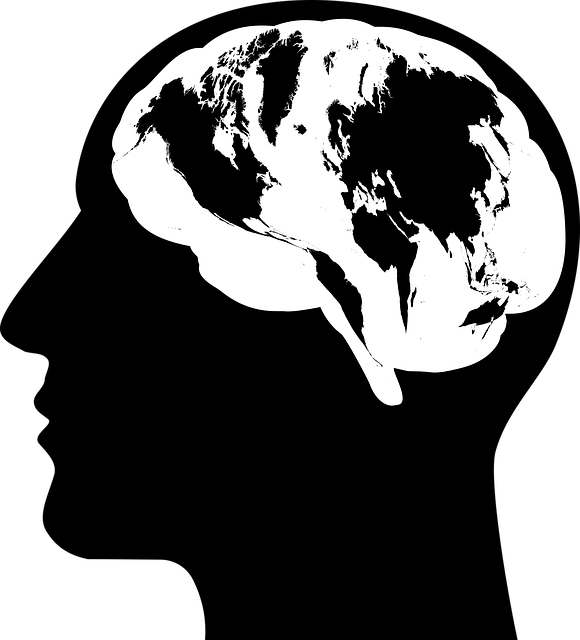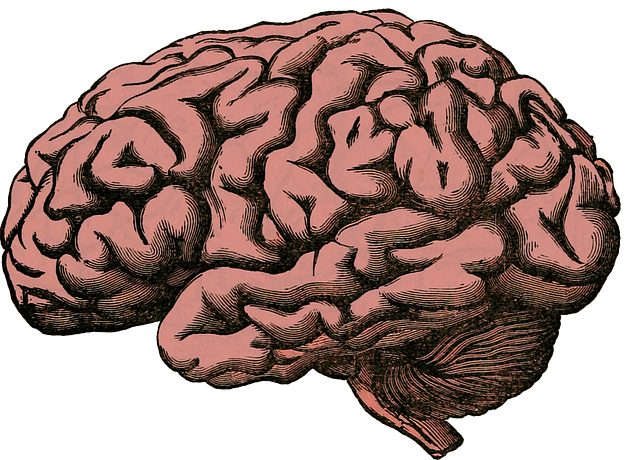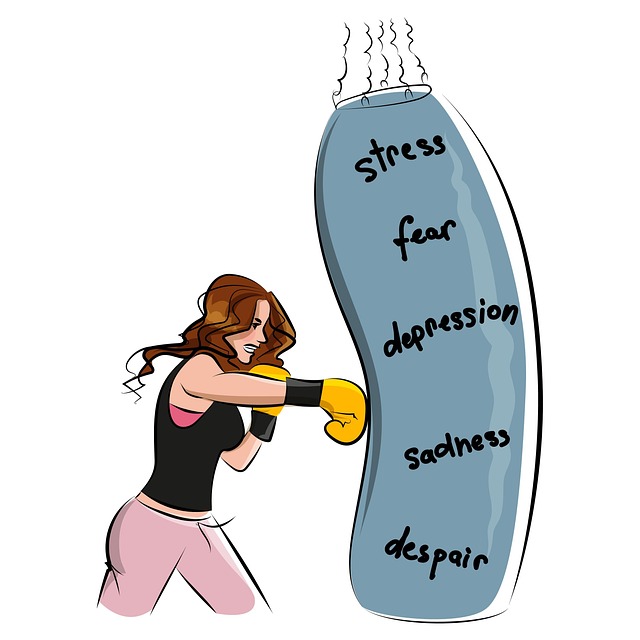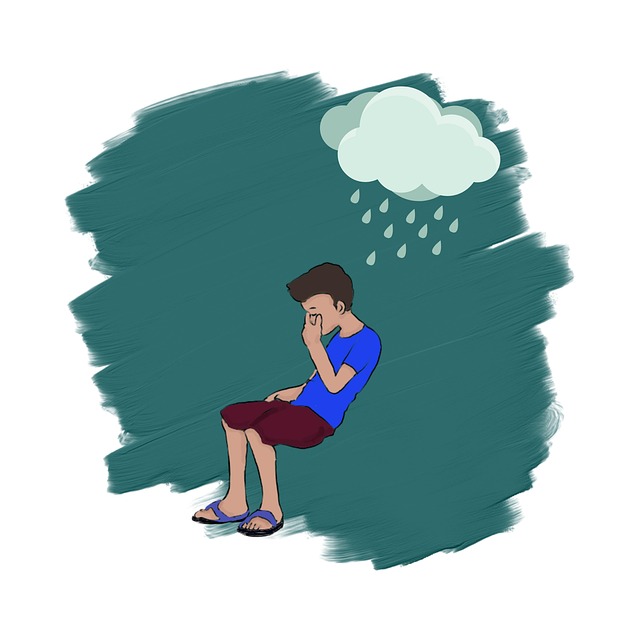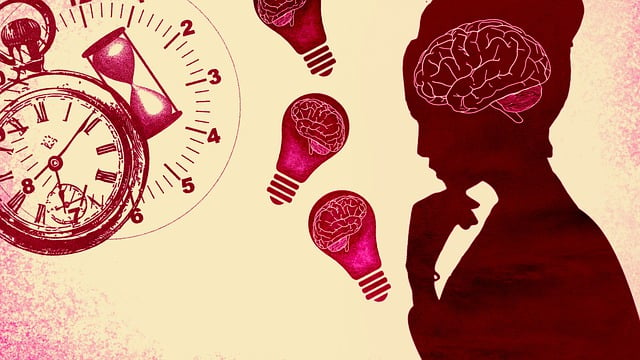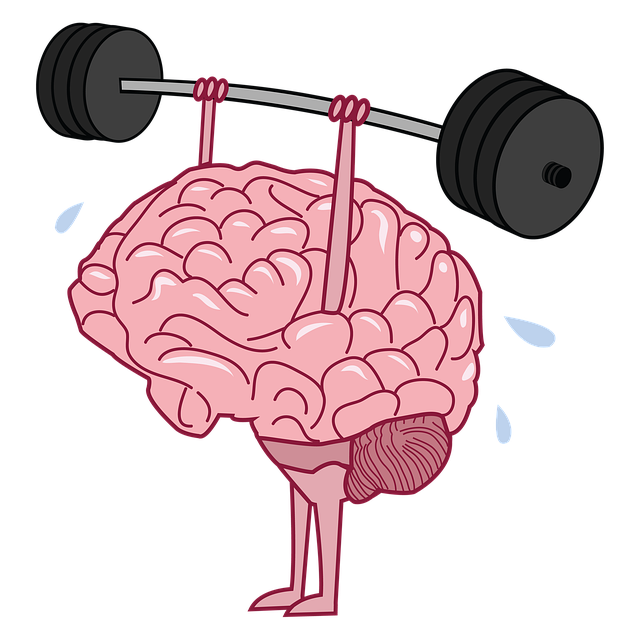Anxiety disorders, ranging from GAD to phobias, are globally prevalent and require tailored therapy for adults. EMDR certified treatments, utilizing eye movement desensitization and reprocessing, alongside cognitive behavioral techniques (CBT), offer effective solutions. Breathwork, relaxation techniques, and holistic lifestyle changes further complement this approach, promoting emotional well-being through self-awareness exercises and stress management. The combination of these methods, particularly with EMDR certified professionals, fosters resilience and lasting relief from anxiety disorders.
Anxiety disorders affect millions, but effective management techniques are available. This comprehensive guide explores diverse strategies to combat anxiety, from understanding its symptoms and types to leveraging powerful tools like EMDR therapy, a certified treatment that taps into your mind’s resilience. Discover cognitive behavioral techniques for daily coping, breathwork and relaxation methods to calm your nervous system, and build long-term resilience through lifestyle changes.
- Understanding Anxiety Disorders: Symptoms and Types
- EMDR Therapy: Unlocking the Power of Your Mind
- Cognitive Behavioral Techniques for Daily Coping
- Breathwork and Relaxation Methods to Calm Nervous System
- Building Resilience: Lifestyle Changes for Long-Term Management
Understanding Anxiety Disorders: Symptoms and Types

Anxiety disorders are a common mental health concern affecting individuals across the globe. Understanding these conditions is the first step in managing them effectively. Anxiety can manifest in various forms, each with its unique set of symptoms and triggers. Common types include generalized anxiety disorder (GAD), characterized by persistent, excessive worry about everyday matters; panic disorder, marked by recurrent and unexpected panic attacks; social anxiety disorder, which leads to intense fear and avoidance of social situations; and phobias, intense, irrational fears of specific objects or situations.
Recognizing the symptoms is crucial for seeking appropriate therapy for adults, such as EMDR (Eye Movement Desensitization and Reprocessing) certified treatments, which have proven effective in addressing these disorders. Burnout prevention strategies for healthcare providers can also be beneficial, fostering empathy building strategies and crisis intervention guidance to manage anxiety holistically.
EMDR Therapy: Unlocking the Power of Your Mind

EMDR Therapy is a game-changer when it comes to managing and overcoming anxiety disorders. This innovative approach leverages the power of your mind, focusing on the connection between traumatic memories, thoughts, emotions, and behaviors. By tapping into this dynamic relationship, EMDR helps adults process and resolve distressing events, ultimately reducing symptoms of anxiety.
Certified EMDR therapists guide individuals through a structured eight-phase treatment plan, encouraging them to recall traumatic memories while simultaneously engaging in bilateral stimulation—a process that includes side-to-side eye movements or other types of sensory input. This unique combination facilitates the brain’s natural healing process, allowing individuals to unlock suppressed emotions and gain new insights. The result? Enhanced social skills, improved stress management, and a greater sense of control over anxiety, making it an effective therapy for adults seeking lasting relief.
Cognitive Behavioral Techniques for Daily Coping

Cognitive Behavioral Techniques (CBT) offer powerful tools for daily anxiety management and are a core component of therapy for adults seeking to overcome their fears and worries. This evidence-based approach focuses on identifying and challenging negative thought patterns and replacing them with more realistic, balanced perspectives. CBT teaches individuals to recognize and modify unhelpful cognitive processes that contribute to anxiety, ultimately reducing symptoms through practical coping strategies.
For those certified in Eye Movement Desensitization and Reprocessing (EMDR), a complementary therapy for adults, CBT techniques can be even more effective. EMDR combines CBT principles with bilateral stimulation, helping clients process traumatic memories and reduce their associated anxiety. This unique approach has gained significant attention in the Mental Wellness Podcast Series Production and Public Awareness Campaigns Development, as it offers hope and practical tools for managing stress and promoting mental wellness on a daily basis.
Breathwork and Relaxation Methods to Calm Nervous System

Breathwork and relaxation methods are powerful tools to calm the nervous system, particularly effective for those seeking therapy for adults EMDR certified. Techniques such as deep breathing, progressive muscle relaxation, and guided imagery can significantly reduce anxiety symptoms by promoting a state of tranquility. These practices encourage self-awareness exercises, helping individuals become more attuned to their bodily sensations and emotional responses, which is key in understanding and managing anxiety triggers.
Incorporating these strategies into daily routines can enhance mental health awareness and overall well-being. By mastering breathwork and relaxation, adults with anxiety disorders or those navigating stressful life events can gain a sense of control and resilience. Moreover, combining these techniques with evidence-based therapies like EMDR (Eye Movement Desensitization and Reprocessing) offers comprehensive solutions for addressing the root causes of anxiety, as supported by recent Mental Health Policy Analysis and Advocacy efforts worldwide.
Building Resilience: Lifestyle Changes for Long-Term Management

Building resilience is a key aspect of long-term anxiety management and can be achieved through lifestyle changes. This involves adopting holistic strategies that cater to both mental and physical well-being. Certified EMDR therapy for adults has been proven effective in helping individuals process traumatic memories and reduce anxiety symptoms, fostering inner strength development. By integrating regular exercise, mindfulness practices, and a structured self-care routine, individuals can enhance their emotional intelligence and better navigate stress triggers.
These lifestyle modifications empower individuals to take control of their mental health. Developing a consistent self-care routine, including adequate sleep, proper nutrition, and engaging in activities that promote relaxation, forms the foundation for managing anxiety effectively. This, coupled with therapy sessions tailored to individual needs, can lead to profound improvements and a higher quality of life.
Anxiety management is a multifaceted journey, and with the right tools, individuals can unlock their potential for resilience. From understanding the nuances of anxiety disorders to adopting evidence-based techniques like EMDR therapy and cognitive behavioral approaches, there’s a path tailored for everyone. Incorporating breathwork, relaxation methods, and lifestyle changes further strengthens one’s ability to navigate life’s challenges. For adults seeking comprehensive solutions, exploring EMDR certified therapy offers a powerful avenue towards long-term anxiety relief and improved quality of life.
